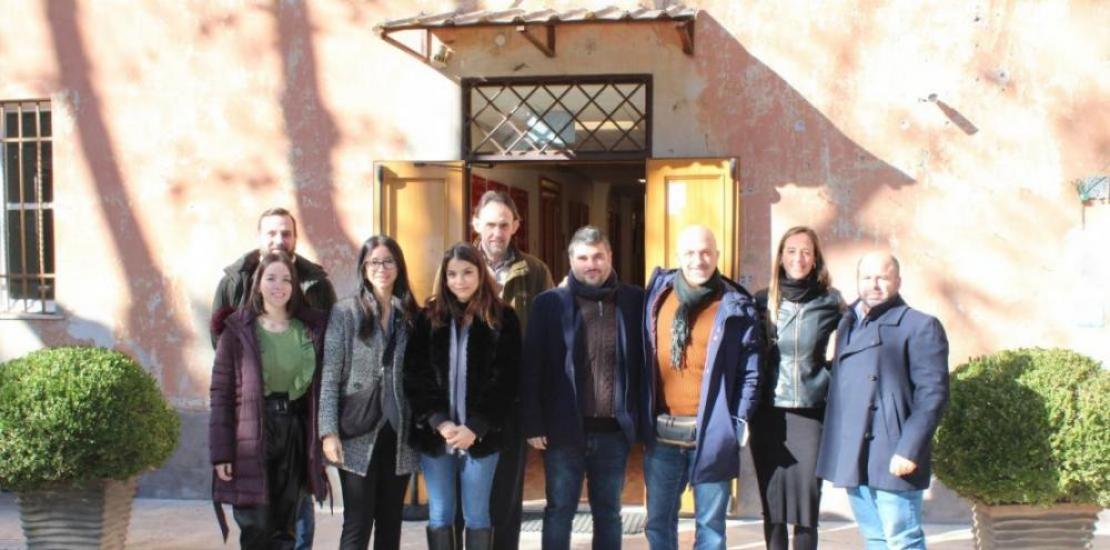UCAM's Faculty of Sport launches three new European projects
Nearly one million euros will be allocated to this research, which focuses on fighting racism, improving performance in grassroots football and increasing the employability of athletes.
Three new UCAM European projects, Briswa 2.0, Fitfootball and Compath, of the Erasmus + Sport call, co-funded by the European Commission, are commencing. This research, which will last two years and is coordinated by UCAM researchers Javier Orquín, Alberto Castillo and Alejandro Leiva, has a total budget of €900,000. These new transnational projects join a list of more than 35 studies, framed within the area of sport, carried out by the Faculty of Sport and managed by the UCAM International Projects Office.
The Briswa 2.0 project focuses on the fight against racism in sport, addressing this issue by developing educational tools to raise awareness and educate university students. It envisages the development of an anti-racism course for participating universities, together with a training platform for sports professionals to promote diversity and inclusion in football organisations globally.
FitFootball will offer new professional development opportunities through advanced educational technologies to European grassroots football coaches. This project focuses on creating a free training application to strengthen the skills and employability of coaches, providing them with innovative tools to improve their performance and access new job opportunities in football.
Dual degree programme for athletes
As a result of UCAM's successful research into the dual degree programme, DCMentor was launched, a European project focused on providing support to athletes seeking to combine their sporting career with their academic and professional development. This project takes shape in an online platform designed to help athletes further their education and networking while pursuing their sporting goals.
Lourdes Meroño, dean of the UCAM Faculty of Sport, highlights the high degree of involvement of her faculty in international projects: ‘This research aims to strengthen the University's alliances with other educational and sporting entities in Europe, to report scientific evidence that allows us to respond to current needs,
to enrich the professional careers of researchers and to create training opportunities for the students of the Faculty; work that is particularly being led by María José Maciá, international coordinator of the Faculty of Sport’.




